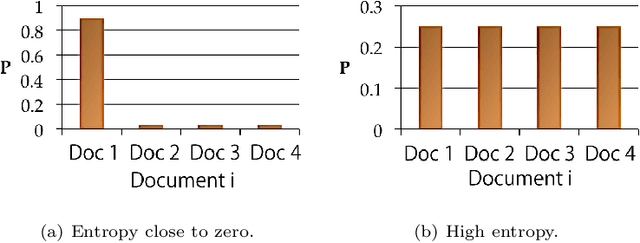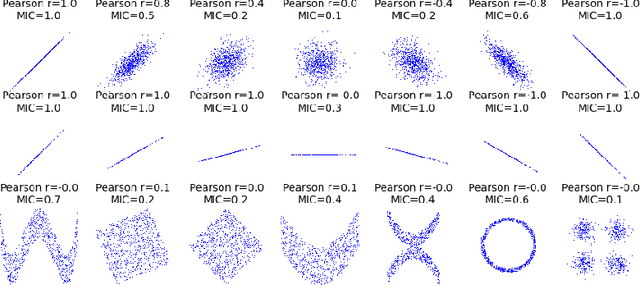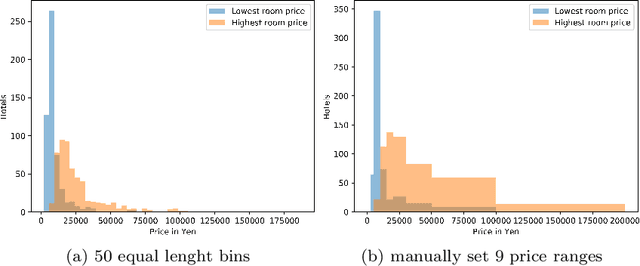Toru Hiraoka
Relation Analysis between Hotel Review Rating Scores and Sentiment Analysis of Reviews by Chinese Tourists Visiting Japan
Oct 02, 2021


Abstract:In current times, the importance of online hotel review sites has become more and more apparent. Users of these sites reference of reviews strongly influences their purchase behavior and as such, reviews are important to companies and researchers alike. The majority of review sites offer both text reviews and numerical hotel ratings, and both information sources are widely used by researchers as a representation of a customer's sentiment and opinion. However, an opinion is a difficult concept to measure, and as such, depending on the relation these two sources have, it would be apparent whether or not it is safe to consider them equally in research. In this study we utilize an entropy-based Support Vector Machine to classify positive and negative sentiments in hotel reviews from the site Ctrip, then calculating the ratio of positive and negative sentiment in each review and examine their correlation with said review's rating score using Spearman and Kendall Correlation coefficients and Maximal Information Coefficient (MIC).
* Translation of the original in Japanese
Differences in Chinese and Western tourists faced with Japanese hospitality: A natural language processing approach
Jul 30, 2021



Abstract:Since culture influences expectations, perceptions, and satisfaction, a cross-culture study is necessary to understand the differences between Japan's biggest tourist populations, Chinese and Western tourists. However, with ever-increasing customer populations, this is hard to accomplish without extensive customer base studies. There is a need for an automated method for identifying these expectations at a large scale. For this, we used a data-driven approach to our analysis. Our study analyzed their satisfaction factors comparing soft attributes, such as service, with hard attributes, such as location and facilities, and studied different price ranges. We collected hotel reviews and extracted keywords to classify the sentiment of sentences with an SVC. We then used dependency parsing and part-of-speech tagging to extract nouns tied to positive adjectives. We found that Chinese tourists consider room quality more than hospitality, whereas Westerners are delighted more by staff behavior. Furthermore, the lack of a Chinese-friendly environment for Chinese customers and cigarette smell for Western ones can be disappointing factors of their stay. As one of the first studies in the tourism field to use the high-standard Japanese hospitality environment for this analysis, our cross-cultural study contributes to both the theoretical understanding of satisfaction and suggests practical applications and strategies for hotel managers.
 Add to Chrome
Add to Chrome Add to Firefox
Add to Firefox Add to Edge
Add to Edge